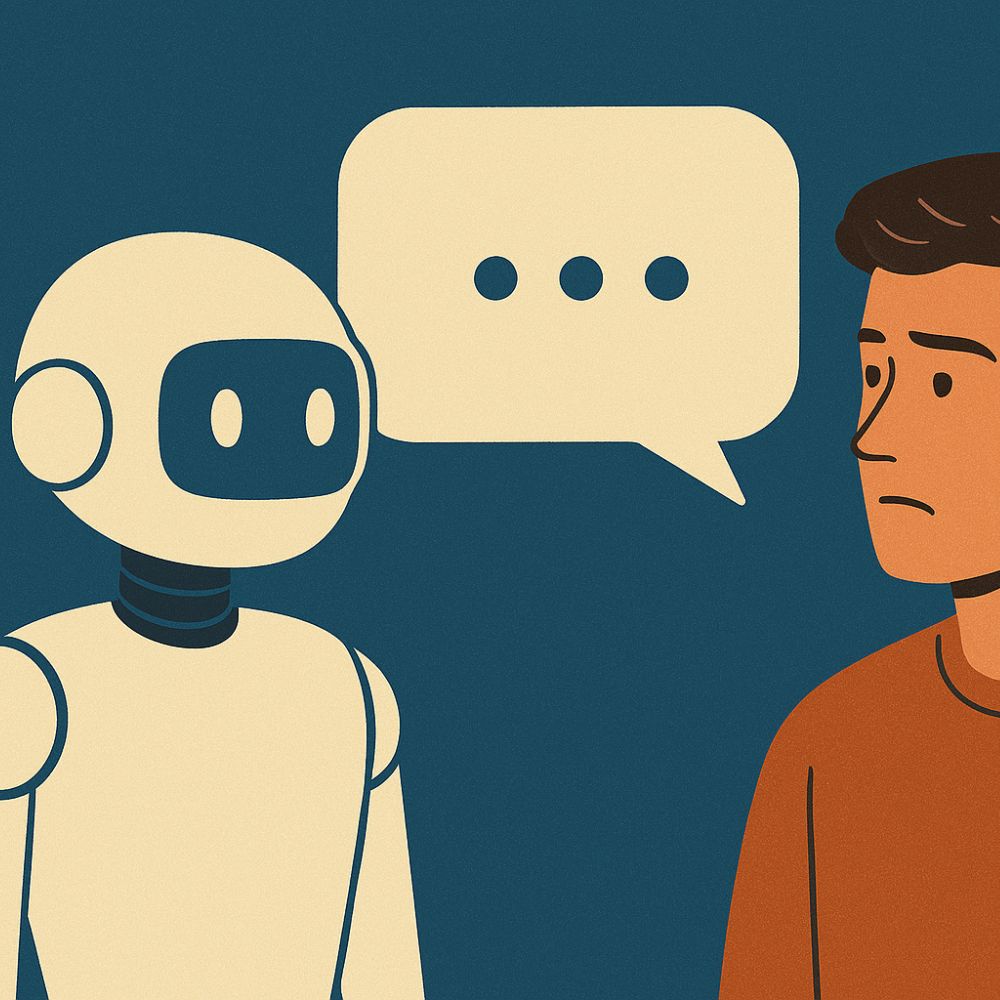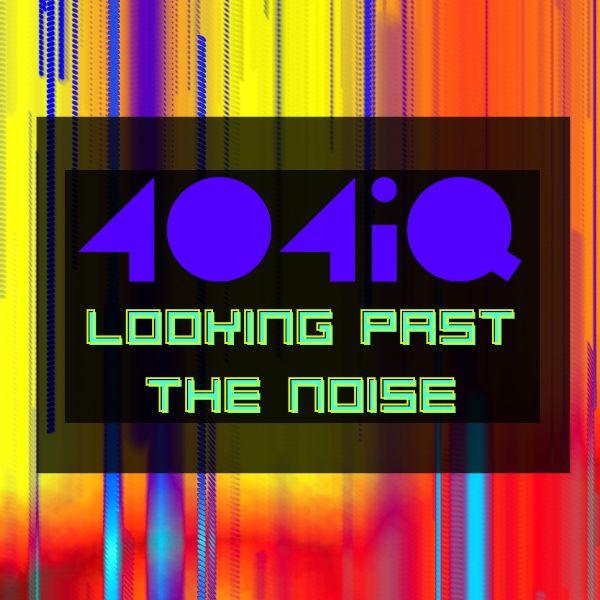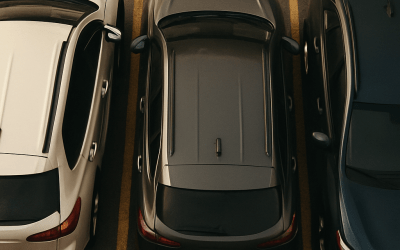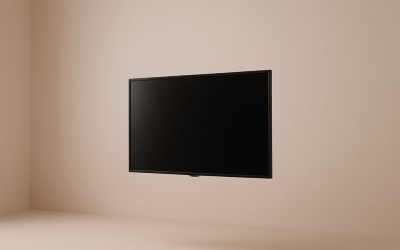I was minding my own business, trying to add a splash of colour to one of my articles, when I decided to use generative AI to create an image — nothing fancy, just something visual to break up the text.
But once I dropped it into the article, I felt this unsettling tap on my shoulder from my own brain:
Nothing fancy, just something visual to break up the text
Will people realise it’s AI-generated and dismiss the article on sight?
Will they think less of me for using it?
Will it cheapen everything I’ve written… or will nobody even care because they’re too busy doom-scrolling anyway?
I don’t know the answer. But I do know the question has stuck with me like a bit of spinach in my teeth I can’t quite find.
Convenience vs Credibility
Using AI is easy. That’s the point.
Need the perfect image? Boom — 15 seconds. Writing stuck? Boom — first draft. You can now generate an entire brand in a lunch break. And we’re all in a rush these days, operating on 5-second attention spans and a caffeine drip.
So why wouldn’t I use it?
Because… there’s this quiet voice that asks: Is this still “mine”?
At what point does convenience start to erode credibility?
The New Creative Snobbery
There’s a strange, unspoken snobbery forming around AI-generated anything.
“Oh, that blog post? Probably AI.”
“She made that image with a prompt — not a real artist.”
“Must be nice to outsource your creativity.”
But hang on — even if I use AI, I still have to think. I still have to decide. I have to know what I want to say and how I want to say it. I prompt. I edit. I agonise.
AI doesn’t replace creativity. It just streamlines the suffering.
The Elon Musk Test
We still call him a genius
Elon Musk didn’t physically build the first Tesla or weld the SpaceX rockets together. He had ideas (or bought them), pointed in a direction, and made it happen.
We still call him a genius.
So why is it that when a writer uses AI to amplify their voice, suddenly it’s “not real”? Why do we accept leverage in tech and business, but not in creativity?
The Inner Critic (Hello, Imposter Syndrome)
Truth is, part of this AI sensitivity might not be about the content at all. It might be about us.
Our own insecurities. That itchy, familiar imposter syndrome creeping in:
Am I cheating?
Do I actually have talent?
Would people still care if they knew a robot helped me?
A study in the Journal of Behavioral Science found that up to 82% of people experience imposter syndrome. And creatives? We practically invented it.
Maybe AI isn’t threatening us. AI helps me create.
Maybe it’s just exposing the parts of us we try to hide.
What Is Authenticity, Anyway?
Philosopher Marshall McLuhan famously said, “The medium is the message.”
If AI is just the new medium, are we obsessing over the wrong thing?
Why the panic over a tool that types better than we do
We don’t judge painters for not mixing their own paint from crushed berries anymore. So why the panic over a tool that types better than we do?
Maybe authenticity isn’t about how it’s made. Maybe it’s about why it’s made.
Lazy vs Leveraged
Let’s be real — there’s a difference between:
- Lazy AI: “Write this so I don’t have to think.”
- Leveraged AI: “Here’s my idea, my tone, my structure. Help me make it stronger.”
One outsources your brain.
The other augments it.
Not all AI-created content is soulless.
Some of it is actually… sharper than what we’d do alone.
Do Readers Even Care? Let’s crunch a few numbers:
- A 2024 Adobe survey found that 78% of readers care more about content being relevant and helpful than whether it’s human-made or AI-assisted.
- Only 30% of people can correctly identify AI-generated content without being told.
In short: people don’t hate AI content.
They hate boring content.
The Creator Identity Crisis
Psychologist Erik Erikson said identity is built on feeling like a “continuous and unique” self.
But AI muddies that continuity.
If I use AI, am I still me?
Or am I slowly becoming some sort of content-creation cyborg who just knows how to prompt better than the average bear?
Maybe this is the future: we shift from “creator” to “creative director.” From doing it all ourselves to orchestrating meaning through tools.
And maybe… that’s evolution, not extinction.
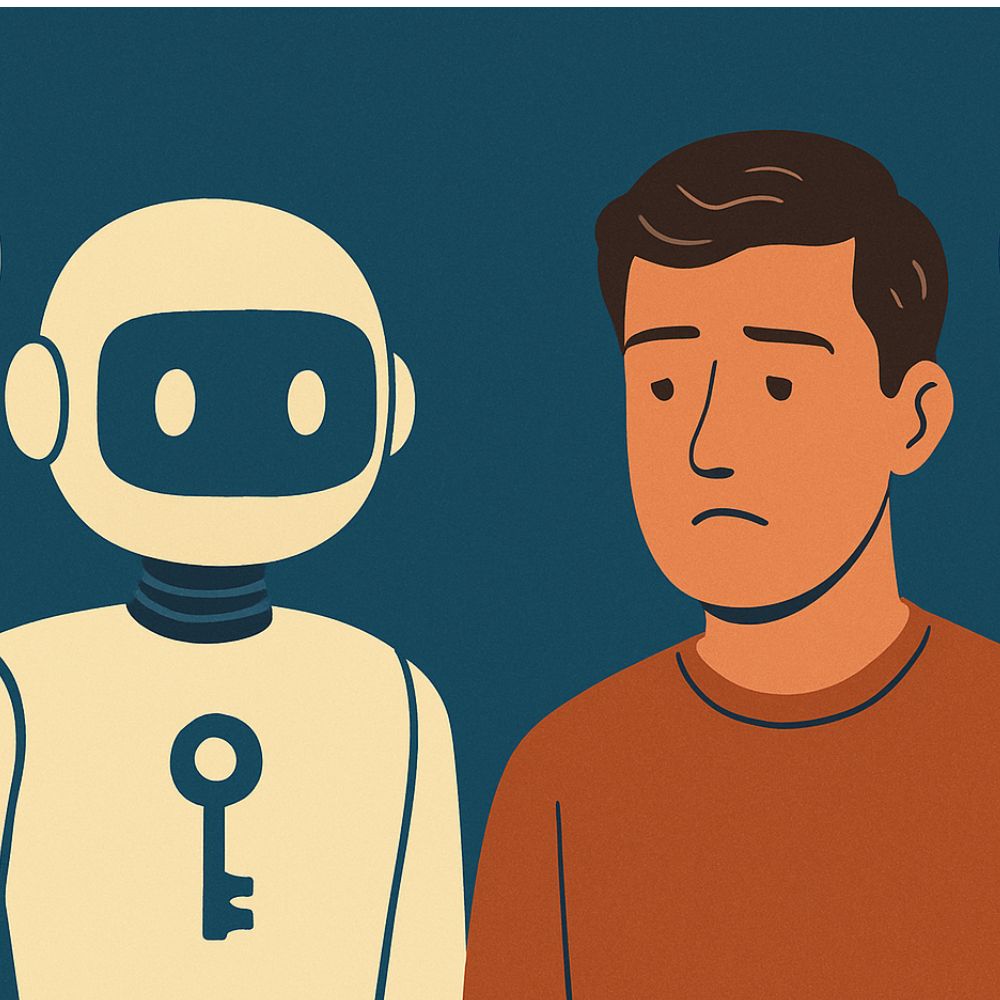
Trust and Transparency
According to a 2024 Pew Research study:
- 64% of people trust human-made content more than AI-generated content.
- But 45% say they’re fine with AI content if it’s clearly disclosed.
So transparency helps. Readers want to know what they’re engaging with — not to punish you for using AI, but to understand how you used it.
Fear of Obsolescence
Yuval Noah Harari talks about how humans find purpose through their ability to contribute something unique.
If AI can do everything we can — and better — then what are we left with?
But maybe we’re asking the wrong question.
Maybe it’s not Can AI replace me?
Maybe it’s How can I do what only I can do — with AI beside me?
Creativity as Collaboration
Creativity has never been a solo sport.
Think jazz. Improv. Writers’ rooms. Film crews.
The best work usually comes from bouncing off something — someone — somewhere.
So what if AI is just another collaborator? The weird one in the corner who never sleeps but somehow knows every obscure reference from history and film?
You’re still the soul.
AI’s just the assistant with good lighting.
Ethics: The Murky Middle
We can’t ignore the elephant in the datacenter.
Most AI models are trained on mountains of scraped content — including art, writing, and photography that was never given willingly.
We can’t ignore the elephant in the datacenter
Until laws catch up, we’re all swimming in a grey zone.
Ethical? Maybe.
Inevitable? Definitely.
The best we can do? Use it consciously. Use it originally. And when possible — give credit where credit is due.
The Hybrid Future
In the not-so-distant future, the most successful creators won’t be the ones who resisted AI — they’ll be the ones who danced with it. The future of creativity.
They’ll blend heart with code. Soul with structure. Ideas with intelligent tools.
They’ll still tell stories.
They’ll just have a louder microphone.
Final Question: What Story Are You Telling?
So here’s the thought I’ll leave you with:
In this age of AI-enhanced creativity, what story are you telling?
The story of fear, dilution, and decline?
Or the story of evolution, leverage, and bold new forms of expression?
Because AI didn’t kill creativity.
It just gave us a mirror.
And now we get to decide what to do with the reflection.

